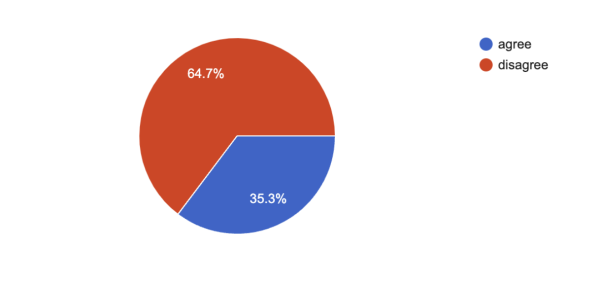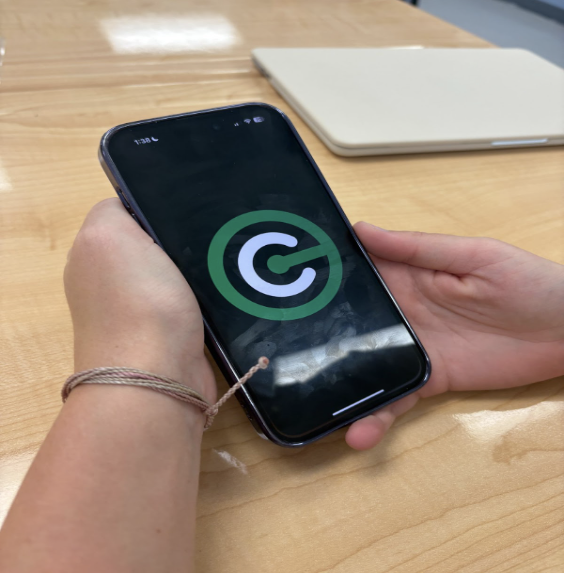There are many new rules and changes for the 2025-2026 school year. One being SB181. This bill was signed on April 1, 2025 by Governor Andy Beshear.
The bill states that schools must “direct each local board of education to designate one or more programs or applications as a traceable communication system that shall be the exclusive means for school district employees and volunteers to communicate electronically with students…”
Some other key points are:
- States how students must communicate electronically with teachers/coaches.
- Education systems have to provide one or more communication apps.
- During the first days of school, the parents must be notified through written or electronic notes of the new changes, due to the specific times allowed for students to be on phones.
- Teachers, principals, etc, may NOT communicate with students electronically outside of approved apps; under rare circumstances, there will be exceptions
Although there are many limitations to possible apps that can be used, there are still multiple recommendations.
Some approved apps being used in Fort Thomas include Infinite Campus, Schoology, Google Workspace/Suite, Microsoft Office 365, District Website, and Connect-itz.
A popular app most popularly seen in athlete communication is the Connect app. It provides updates, calendars, and the ability to create group chats. Some student-athletes have mixed opinions on the app.
‘It has been very difficult to read the updates immediately, the app has occasional glitches where we can’t open the app. Other than that, it has been easy to make private chats and group chats,” Soccer player Kristie Deegan (11) said.
A survey taken by Highlands High School students shows that more than half of students disagree with the phone bill.

Athletes as well as coaches have been majorly impacted by SB 181.
“It is my understanding that SB181 was trying to stop the practice of adults texting underaged students on the off chance that an adult with bad intentions would be trying to groom or lure underaged children via text. There have been instances in schools across our state and country where we have evidence of a person in authority (ie: coach, teacher, counselor, administrator, trusted adult) abused their power and tried to initiate an inappropriate relationship with a minor. So I believe this is what the bill was trying to prevent,.” assistant superintendent for teaching and learning, Keith Faust said.
This new rule can seem unreasonable, but there are still new changes being made. Some being:
- Including only “qualified school volunteers” in the school regularly and not, for example, a parent helping to chaperon a field trip.
- A more precise definition of ‘private electronic communication’ with some exemptions for virtual academies, home hospital instruction, and possibly use in translation services.
- Exemptions for electronic communications on a telephone number provided by the parent. That is, if the school calls home and the student answers, this would not be in violation.
- An exemption for public social media posts and comments.
- Commercial service communications, such as student-run lawn mowing and babysitting businesses, or in cases where a teacher may interact with students as part of a second job. The example given was that if the teacher is an Uber driver in his/her off-hours, they would not be penalized if a student accepts a ride on Uber that they provide.
Jamee Flaherty, assistant superintendent of student services, additionally gave some of her opinions on SB 181.
“I think the bill has positive intentions in terms of student safety, but it does pose additional issues to work through as a district, like communicating with students about extracurriculars and sports,” Flaherty said.
Already, there is talk at the state level regarding changes to SB181 due to its difficulty in implementation. Changes will likely come in January 2026 during the upcoming legislative session.





